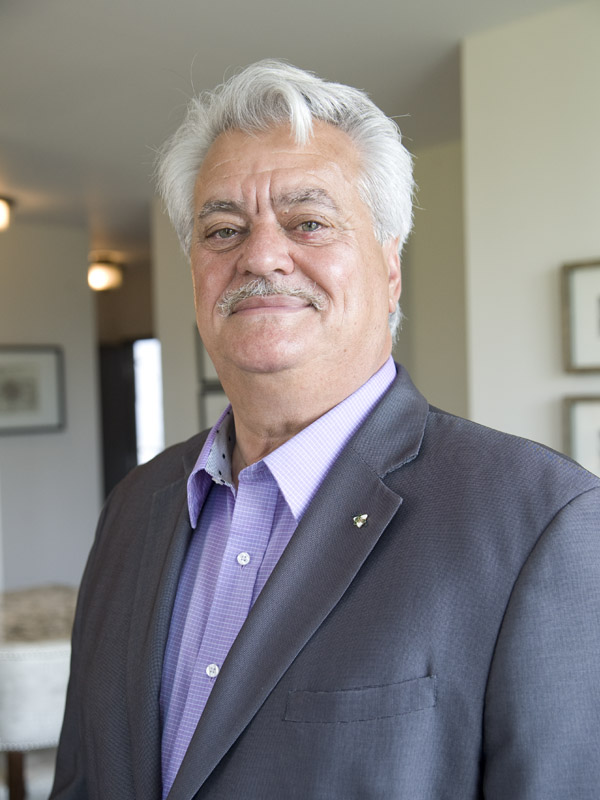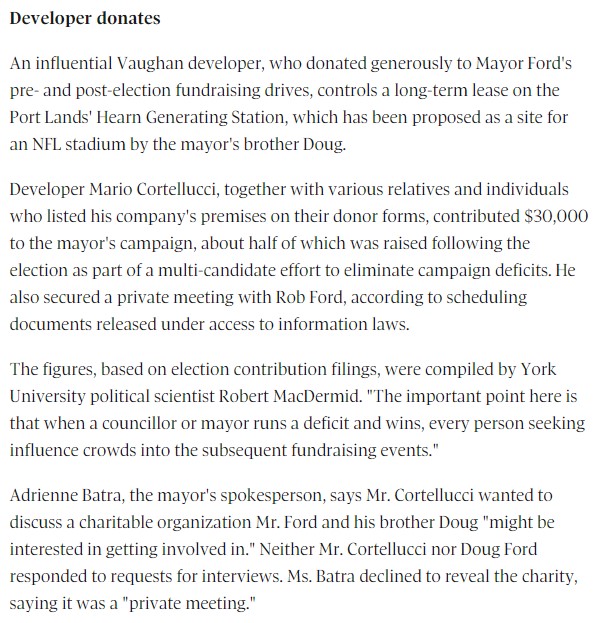Now, what exactly is an applied epidemiologist, and why are they needed? In the late 90s- early 2000's there were a series of articles in AJPH, AJE, JECH, and IJE dedicated to answering these questions. I'll focus on Stephen Thacker's review.
More from Education
Our preprint on the impact of reopening schools on reproduction number in England is now available online: https://t.co/CpfUGzAJ2S. With @Jarvis_Stats @amyg225 @kerrylmwong @KevinvZandvoort @sbfnk + John Edmunds. NOT YET PEER REVIEWED. 1/

We used contact survey data collected by CoMix (https://t.co/ezbCIOgRa1) to quantify differences in contact patterns during November (Schools open) and January (Schools closed) 'Lockdown periods'. NOT YET PEER REVIEWED 2/
We combined this analysis with estimates of susceptibility and infectiousness of children relative to adults from literature. We also inferred relative susceptibility by fitting R estimates from CoMix to EpiForecasts estimates(https://t.co/6lUM2wK0bn). NOT YET PEER REVIEWED 3/

We estimated that reopening all schools would increase R by between 20% to 90% whereas reopening primary or secondary schools alone would increase R by 10% to 40%, depending on the infectiousness/susceptibility profile we used. NOT YET PEER REVIEWED 4/

Assuming a current R of 0.8 (in line with Govt. estimates: https://t.co/ZZhCe79zC4). Reopening all schools would increase R to between 1.0 and 1.5 and reopening either primary or secondary schools would increase R to between 0.9 and 1.2. NOT YET PEER REVIEWED 5/


We used contact survey data collected by CoMix (https://t.co/ezbCIOgRa1) to quantify differences in contact patterns during November (Schools open) and January (Schools closed) 'Lockdown periods'. NOT YET PEER REVIEWED 2/
We combined this analysis with estimates of susceptibility and infectiousness of children relative to adults from literature. We also inferred relative susceptibility by fitting R estimates from CoMix to EpiForecasts estimates(https://t.co/6lUM2wK0bn). NOT YET PEER REVIEWED 3/

We estimated that reopening all schools would increase R by between 20% to 90% whereas reopening primary or secondary schools alone would increase R by 10% to 40%, depending on the infectiousness/susceptibility profile we used. NOT YET PEER REVIEWED 4/

Assuming a current R of 0.8 (in line with Govt. estimates: https://t.co/ZZhCe79zC4). Reopening all schools would increase R to between 1.0 and 1.5 and reopening either primary or secondary schools would increase R to between 0.9 and 1.2. NOT YET PEER REVIEWED 5/

We've been falsely told 'schools are safe', 'don't drive community transmission', & teachers don't have a higher risk of infection repeatedly by govt & their advisors- to justify some of the most negligent policies in history. 🧵
data shows *both* primary & secondary school teachers are at double the risk of confirmed infection relative to comparable positivity in the general population. ONS household infection data also clearly show that children are important sources of transmission.
Yet, in the parliamentary select meeting today, witnesses like Jenny Harries repeated the same claims- that have been debunked by the ONS data, and the data released by the @educationgovuk today. How many lives have been lost to these lies? How many more people have long COVID?
has repeatedly pointed out errors & gaps in the ONS reporting of evidence around risk of infection among teachers- and it's taken *months* to get clarity on this. The released data are a result of months of campaigning by her, the @NEU and others.
Rather than being transparent about the risk of transmission in school settings & mitigating this, the govt (& many of its advisors) has engaged in dismissing & denying evidence that's been clear for a while. Evidence from the govt's own surveys. And global evidence.
Why?
Questions have to be asked about the evidence Jenny Harries gave to the Education Committee today about the risk to teachers.
— Adam Hamdy (@adamhamdy) January 19, 2021
Was she aware of this data?
If not, why wasn\u2019t she properly briefed?#COVID19 #schools https://t.co/4wa1PyAJld pic.twitter.com/eqFjaA1zYC
data shows *both* primary & secondary school teachers are at double the risk of confirmed infection relative to comparable positivity in the general population. ONS household infection data also clearly show that children are important sources of transmission.
Yet, in the parliamentary select meeting today, witnesses like Jenny Harries repeated the same claims- that have been debunked by the ONS data, and the data released by the @educationgovuk today. How many lives have been lost to these lies? How many more people have long COVID?
has repeatedly pointed out errors & gaps in the ONS reporting of evidence around risk of infection among teachers- and it's taken *months* to get clarity on this. The released data are a result of months of campaigning by her, the @NEU and others.
Rather than being transparent about the risk of transmission in school settings & mitigating this, the govt (& many of its advisors) has engaged in dismissing & denying evidence that's been clear for a while. Evidence from the govt's own surveys. And global evidence.
Why?
You May Also Like
fascinated by this man, mario cortellucci, and his outsized influence on ontario and GTA politics. cortellucci, who lives in vaughan and ran as a far-right candidate for the italian senate back in 2018 - is a major ford donor...

his name might sound familiar because the new cortellucci vaughan hospital at mackenzie health, the one doug ford has been touting lately as a covid-centric facility, is named after him and his family
but his name also pops up in a LOT of other ford projects. for instance - he controls the long term lease on big parts of toronto's portlands... where doug ford once proposed building an nfl stadium and monorail... https://t.co/weOMJ51bVF

cortellucci, who is a developer, also owns a large chunk of the greenbelt. doug ford's desire to develop the greenbelt has been
and late last year he rolled back the mandate of conservation authorities there, prompting the resignations of several members of the greenbelt advisory

his name might sound familiar because the new cortellucci vaughan hospital at mackenzie health, the one doug ford has been touting lately as a covid-centric facility, is named after him and his family
but his name also pops up in a LOT of other ford projects. for instance - he controls the long term lease on big parts of toronto's portlands... where doug ford once proposed building an nfl stadium and monorail... https://t.co/weOMJ51bVF

cortellucci, who is a developer, also owns a large chunk of the greenbelt. doug ford's desire to develop the greenbelt has been
and late last year he rolled back the mandate of conservation authorities there, prompting the resignations of several members of the greenbelt advisory























